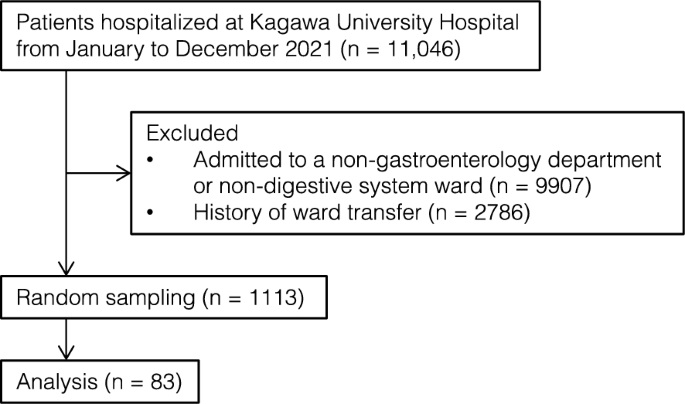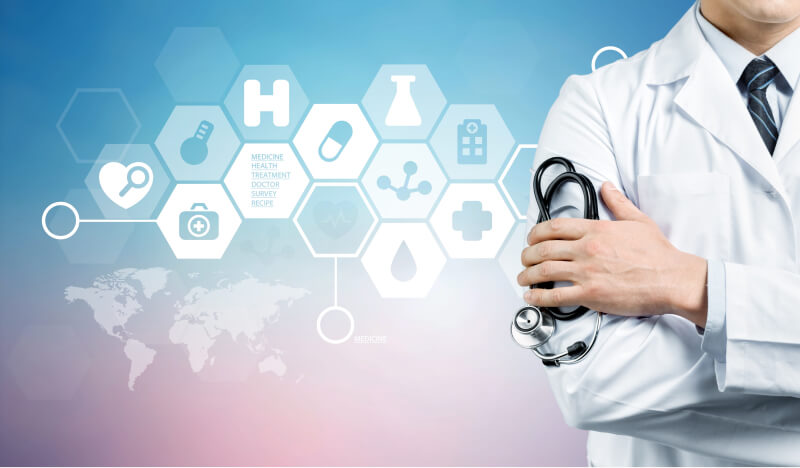Gastroenterology and MedTech: Transforming Digestive Health Care


MedTech Outlook | Friday, September 08, 2023

The collaboration between Gastroenterology and MedTech has ushered in a new era of digestive health care.
FREMONT, CA: Gastroenterology, the medical specialty dedicated to the study and treatment of digestive system disorders, has witnessed a remarkable transformation through the integration of cutting-edge medical technologies, collectively referred to as MedTech. These advancements have enhanced the accuracy of diagnoses and improved the effectiveness of treatments, ultimately leading to better patient outcomes. In this article, we’ll explore how Gastroenterology and MedTech collaborate to revolutionize the field and provide a more comprehensive understanding of digestive health.
1. Diagnostic Precision with Endoscopy
Endoscopy has been a cornerstone of Gastroenterology for decades, allowing physicians to visualize the gastrointestinal (GI) tract for diagnostic and therapeutic purposes. Recent innovations in MedTech have taken endoscopy to new heights. High-definition and ultra-high-definition endoscopes provide sharper images, enabling healthcare providers to detect minute abnormalities, such as polyps or early-stage tumors, with greater accuracy and confidence.
2. Capsule Endoscopy: A Miniaturized Marvel
Capsule endoscopy represents a remarkable breakthrough in Gastroenterology. Patients swallow a small, disposable capsule containing a tiny camera that captures images as they pass through the digestive tract. This non-invasive procedure is valuable for diagnosing conditions like Crohn’s disease and obscure gastrointestinal bleeding, offering insights without traditional endoscopy.
3. Interventional Endoscopy for Precise Treatments
MedTech advancements have facilitated the development of advanced interventional endoscopic procedures. Techniques like endoscopic ultrasound (EUS) and endoscopic retrograde cholangiopancreatography (ERCP) enable physicians to diagnose and treat complex conditions, such as pancreatic diseases and biliary obstructions, with minimally invasive approaches. These techniques reduce patient discomfort, minimize recovery times, and enhance patient care.
4. Artificial Intelligence and Image Analysis
Artificial intelligence (AI) and machine learning are increasingly integral to Gastroenterology. AI-powered software can analyze medical images and assist in detecting lesions, polyps, and other abnormalities. By automating image analysis, AI enhances diagnostic accuracy and helps healthcare providers make more informed decisions, particularly in challenging cases.
5. Enhanced Colorectal Cancer Screening
Colorectal cancer is a significant global health concern, but early detection can be life-saving. MedTech solutions have played a pivotal role in improving colorectal cancer screening through non-invasive methods like stool-based tests and virtual colonoscopy. These alternatives have made screening more accessible and less intimidating, potentially increasing participation rates and saving lives through early detection.
6. Innovative Treatments and Therapies
MedTech innovations extend beyond diagnostics, encompassing novel treatment modalities. Endoscopic techniques, such as endoscopic mucosal resection (EMR) and submucosal dissection (ESD), allow the removal of precancerous or early-stage tumors without opening surgery. These minimally invasive procedures reduce risks, minimize recovery times, and offer patients less invasive treatment options.
7. Telemedicine and Remote Monitoring
Telemedicine and remote patient monitoring technologies have gained prominence in Gastroenterology. These platforms enable patients to consult with specialists, receive follow-up care, and monitor their conditions from their homes. This remote approach improves access to care, particularly for individuals in remote or underserved areas, and allows for continuous monitoring of chronic conditions.
8. Data Management and Electronic Health Records (EHR)
Efficient data management and electronic health records (EHRs) have become essential in Gastroenterology. MedTech solutions streamline patient records, enhance communication among healthcare providers, and facilitate data-driven decision-making. EHRs also empower patients to become more engaged in their care and enable healthcare providers to coordinate care more effectively.
In conclusion, the collaboration between Gastroenterology and MedTech has ushered in a new era of digestive health care. Gastroenterologists can provide more precise, patient-centered care through state-of-the-art diagnostic tools, innovative treatments, and data-driven insights. As MedTech continues to evolve and refine its offerings, Gastroenterology will remain at the forefront of digestive health advancements, benefiting patients with more accurate diagnoses, less invasive treatments, and improved outcomes.
link







